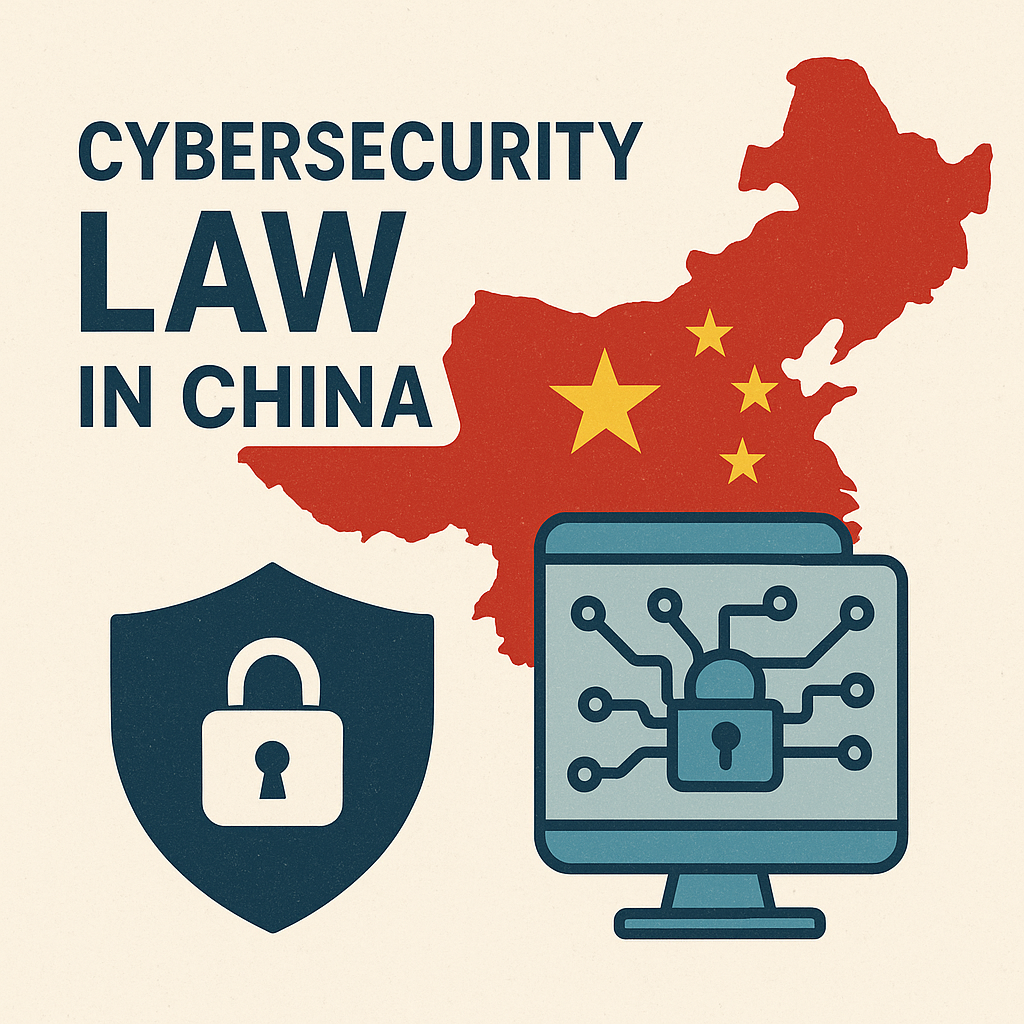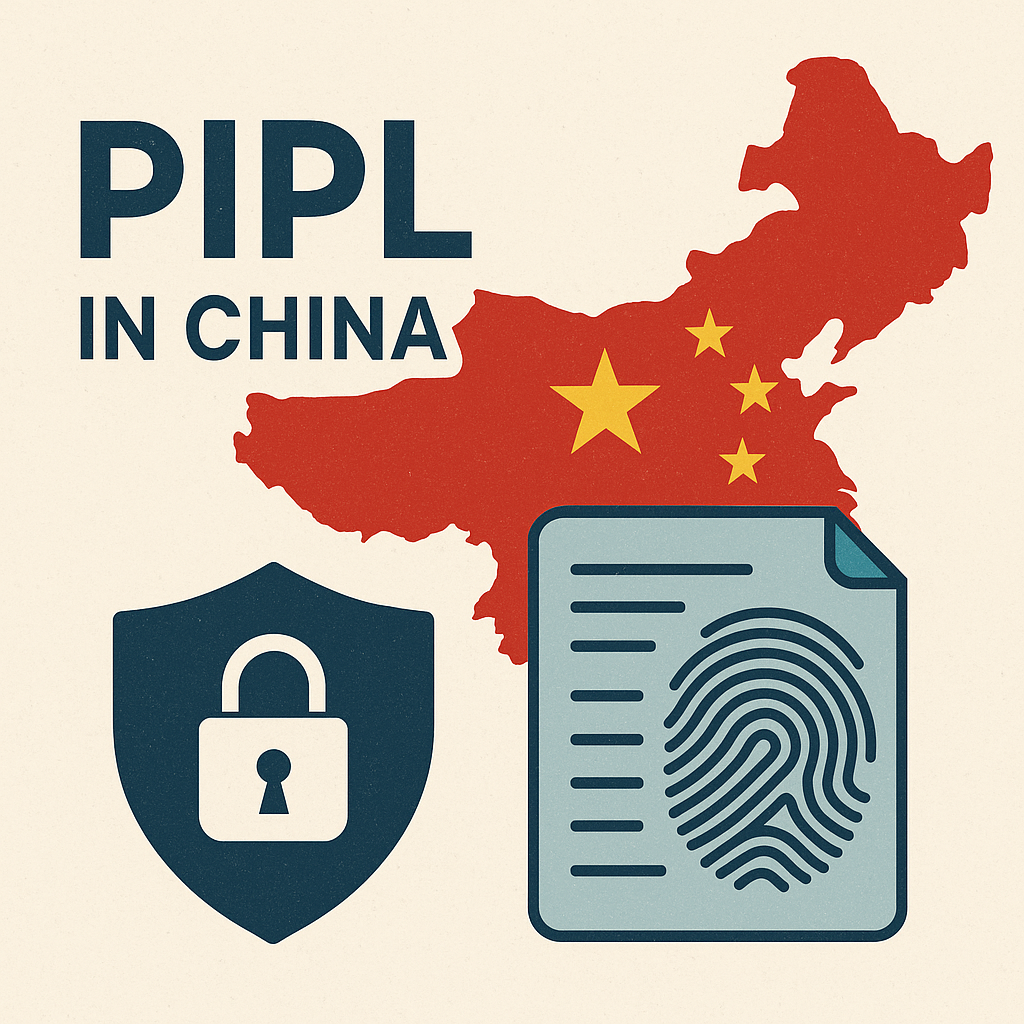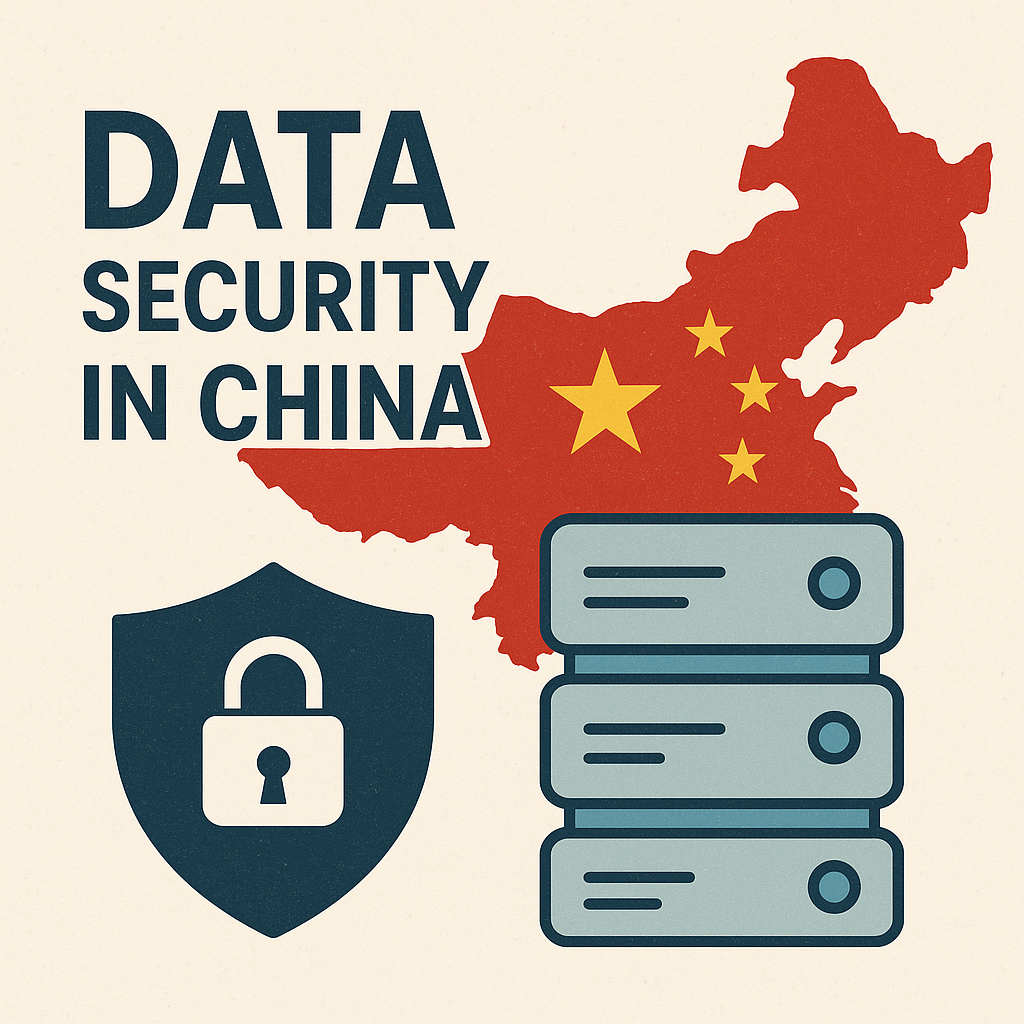China’s Cybersecurity Law (CSL), effective since June 1, 2017, represents a foundational pillar in the PRC’s digital regulatory regime. For foreign enterprises operating in or entering the Chinese market, understanding and complying with this law is not optional — it’s essential. Beyond technical considerations, the CSL ties cybersecurity to national security, business integrity, and data sovereignty.
This article explores the key provisions of the CSL, enforcement practices, and what multinational companies must do to stay compliant in a rapidly evolving digital and regulatory environment.
What Is the Cybersecurity Law?
The CSL is China’s first comprehensive framework governing network operations, data protection, and critical infrastructure security. Administered by the Cyberspace Administration of China (CAC) and enforced alongside sector-specific regulators, the law aims to:
- Protect personal information and critical data
- Safeguard national security and social order in cyberspace
- Regulate cross-border data transfers
- Assign responsibilities to network operators and Critical Information Infrastructure (CII) operators
Key Compliance Obligations
1. Network Operator Responsibilities
All companies that operate a network (which includes websites, apps, and internal IT systems) in China are considered “network operators.” They must:
- Implement technical and organisational safeguards against network intrusions and data leaks
- Conduct regular security assessments and remediate vulnerabilities
- Establish user data protection policies and obtain user consent before collecting or sharing data
2. Critical Information Infrastructure (CII) Requirements
Foreign companies in industries such as finance, healthcare, energy, transportation, and telecommunications may be designated as CII operators.
These entities must:
- Store personal and critical data within China
- Pass government-led security assessments before transferring data abroad
- Undergo enhanced inspections and audits by regulatory authorities
Even if your company isn’t formally classified as a CII operator, stricter rules may still apply if you handle sensitive data or serve essential services in China.
3. Cross-Border Data Transfers
Under the CSL (and as refined by the Data Export Security Assessment Measures), businesses transferring data overseas must:
- Conduct a security impact assessment
- Submit documentation to the CAC for approval (in cases above set thresholds)
- Justify the necessity of such transfers in relation to business functions
Practical Steps to Achieve Compliance
Conduct a Regulatory Readiness Assessment
Evaluate how your current operations in China align with CSL obligations. Map data flows, IT infrastructure, and vendor relationships to identify regulatory exposure.
Localise Data Storage
Where feasible, localise servers and data processing functions within China — especially if your business collects personal or operational data.
Formalise Internal Policies
Establish Chinese-language cybersecurity and data handling policies. Ensure employees are trained on these rules and that they align with China’s data sovereignty principles.
Engage with Chinese Regulators Early
Proactively communicate with local regulators, especially if your operations involve sensitive industries or large-scale data collection. Regulatory goodwill can be vital during audits or investigations.
Harmonise CSL, PIPL, and DSL Compliance
The CSL intersects with two newer laws: the Personal Information Protection Law (PIPL) and the Data Security Law (DSL). Coordinated compliance strategies reduce duplication and legal risk.
Enforcement Trends
China’s regulators are becoming increasingly active in enforcing cybersecurity obligations. Recent years have seen multi-million RMB penalties, suspension of business licenses, and public reprimands for non-compliance.
In particular, the CAC has increased scrutiny of:
- Mobile apps collecting excessive personal data
- Foreign entities transferring large volumes of user or industrial data overseas
- Inadequate breach notification or response mechanisms
What This Means for Foreign Businesses
Whether you’re a software firm establishing a mainland subsidiary, a logistics provider managing customer data, or a manufacturer using cloud-based tools — CSL compliance must be embedded from the outset. Delayed implementation or superficial controls can result in commercial disruption, regulatory sanctions, and reputational damage.
How SLLS Can Help
Our team at SLLS supports multinational companies and cross-border investors by:
- Conducting CSL readiness audits
- Drafting and localising cybersecurity and data compliance policies
- Assisting with data localisation strategies
- Advising on cross-border data transfer assessments
- Representing clients during regulatory inquiries or audits
With expertise in Chinese law, international compliance, and cross-border M&A, we offer comprehensive legal and commercial guidance tailored to your operations in China.
Get in Touch
To discuss how your business can align with China’s Cybersecurity Law, contact our team today. Let us help you safeguard your digital assets and remain fully compliant in one of the world’s most regulated and dynamic digital environments.


